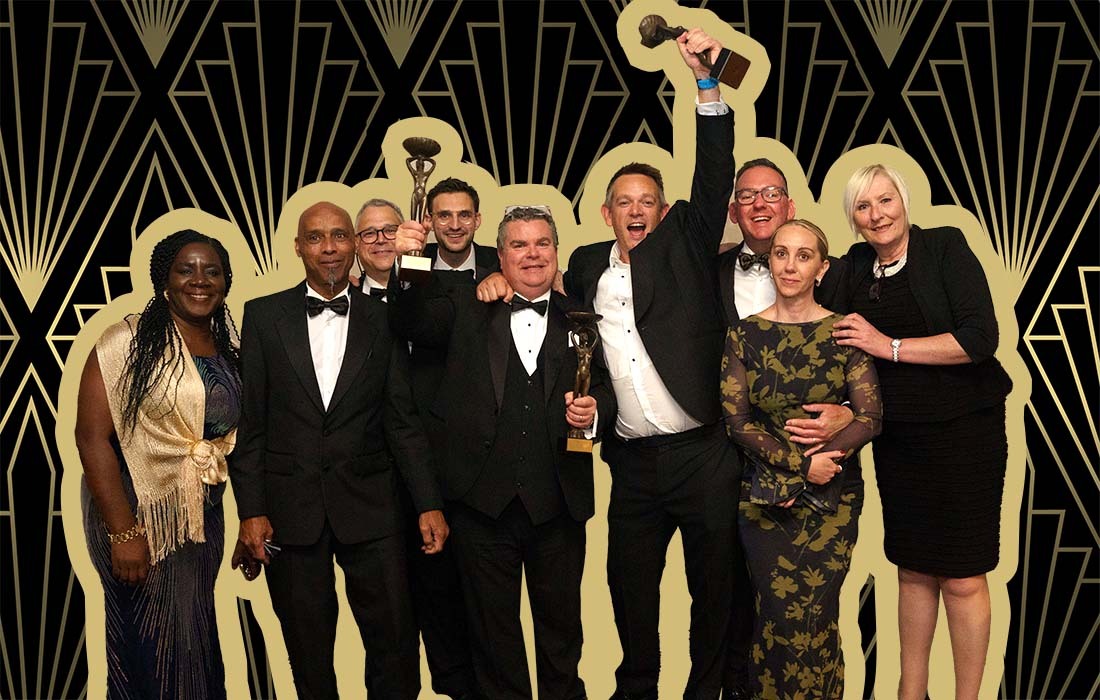How to… make work-life balance an opportunity, not a threat
While everyone agrees that work-life balance is an admirable aim for a business, most are unsure of how to implement solutions that keep employees both happy and productive. Purple Cubed's Jane Sunley explains
Richard Branson's been saying it for years. Retailer Julian Richer wrote about it and now hospitality entrepreneur Luke Johnson has raised it in The Sunday Times. Putting the employee first makes great business sense.
The world of work has changed, and while this evolution has been powered by technology, it is driven by people. One of the most significant changes is in attitudes towards work. Take this year's Best Places to Work in Hospitality outcomes, for example. This showed that the third most-desired factor at work is a wo
There are increasing concerns about the impact of working long hours and not making time to switch off when it comes to productivity, personal health and quality time spent with family. Work-related stress already costs Britain 10.4 million working days a year according to the Mental Health Foundation, and the rise in Britainâs working hours suggests that this is likely to increase.
The demands of todayâs âalways-onâ work environment are preventing employees from taking time out to enjoy personal activities. Itâs important that employers encourage their people to plan well in order to take their much-needed holiday, allowing individuals the time to properly switch off and unwind so they can come back to work refreshed and ready for action.
Why things have changed
Generally, with the advances in technology, life is busier, faster, ever more filled with information and just more hectic. As a result, attitudes to work have changed. Generation theory, while nothing new, and not something to become too hung-up about, explains a lot.
The baby boomers of yesteryear (born 1945-1961) are characterised as hard-working and loyal, motivated by salary, benefits and status, prepared to allow the workplace to dictate the way they worked. Along came generation X (1962-1981) and a shift in traditional values, also hard-working, though less loyal and seeking a better balance than their parents had experienced. Generation Y (also known as millennials: 1982-2001), although ambitious and career-orientated, are more difficult to recruit, engage and retain because they are both discerning and demanding when it comes to overall quality of life, wellbeing and satisfaction. By 2025 they will make up 75% of the workforce, all with higher expectations of finding a more appropriate balance when it comes to freedom and personal time than their predecessors did. Attitudes arenât going to change, so businesses must adapt.
Some business people within the hospitality industry still view the demands for more work-life balance as an undesirable challenge. However, regarded through positive eyes, this poses a fantastic opportunity to think (and do) differently. In these times when the âwar for talentâ has never been more challenging, employers who can offer work-life balance and flexible work options are likely to have the competitive edge, will gain access to a wider talent pool and increase the likelihood of retaining existing people as a result. Theyâll build trust and loyalty and therefore improve productivity and performance. Hospitality is ideally placed to offer flexible working practices â" whatâs needed is a change of mindset.
What is work-life balance?
Your people are individuals and each one has their own version of what they need. Itâs therefore essential to consult with them to find out what would make their lives easier, more balanced or more fulfilling. To some, it might be the ability to influence when they work; for others, being able to leave early to deal with personal commitments; for someone else, permission to work at home when âhead downâ time is needed. Itâs important to be fair, though â" one size doesnât fit all. Your work-life balance policy is therefore likely to be about flexibility, rather than a prescriptive approach.
Itâs the simple things
Take rotas for example. In so many organisations, these are dictated by managers rather than by the teams themselves. People feel a distinct lack of choice and freedom around when they work. This âparent-childâ way of doing things must change; by engaging with your people, trusting them as adults and putting the right systems in place, it is possible to give people the freedom they seek. Imagine if they could not only choose when they work, but also to change arrangements without seeking permission from management.
This approach is often met with opposition; concerns that chaos will reign. Thatâs why there must be clear guidelines around what cover is required, with information available to all to plan this. People will value this trust and freedom, though need to understand that if they arenât able to operate it adequately, then things may change back. Start small and build. Prove the approach, assess the benefits.
Think about traditional shift patterns and how hospitalityâs âalways onâ culture can present opportunities to offer working patterns that will fit round peopleâs commitments outside work. Are you offering âparent shiftsâ yet? These are shorter sessions based around lunchtimes, which fall in the middle of the school day, or evening-only shifts to work around another carerâs schedules, for example.
Where to start
Itâs important to have a clear understanding of what the current situation is. There are a number of tools that you can use to improve and make yourself more aware of whatâs going on.
Surveys are a great way to understand your people and discover exactly what they are thinking and feeling. With the right questions, youâll be able to find out what percentage of your people are engaged and disengaged (or somewhere inbetween). You can identify whether poor work-life balance is causing issues or if the solutions lie elsewhere. If you donât ask, you just wonât know.
Encourage dialogue between managers and team members to explore how they feel about a range of issues. As a company, you will have a better view of how everyone is doing and your employees will feel listened to, respected and appreciated. Your managers might need some development so that they can support the need for work-life balance and spot stressors early on.
Be flexible and fair to all. A basic place to start is around holiday entitlement â" make sure thereâs parity across the organisation and that people are encouraged to take their holidays (and never made to feel they shouldnât do this). It comes from the top, so leaders may need to adjust their own attitudes to âworkaholismâ.
Jane Sunley is a business author and founder of Purple Cubed

















